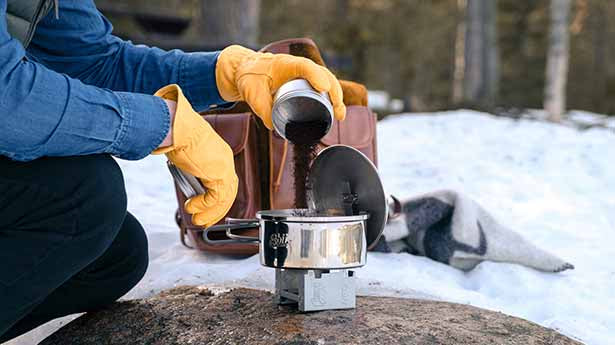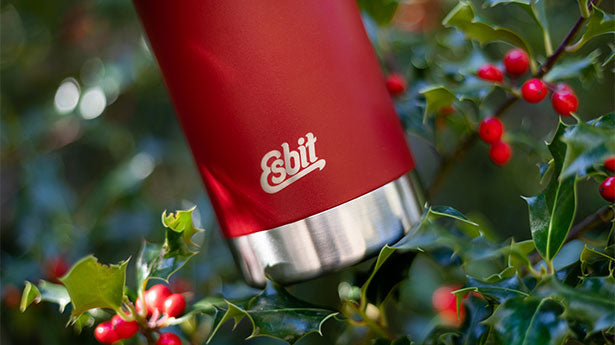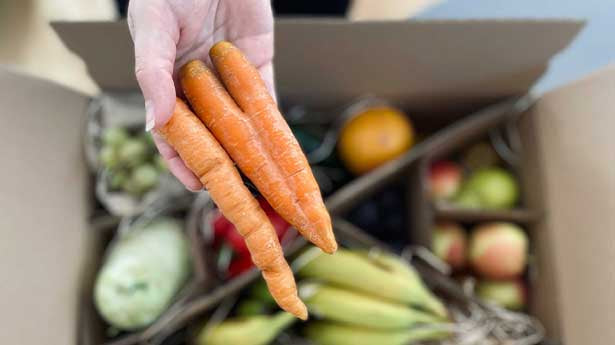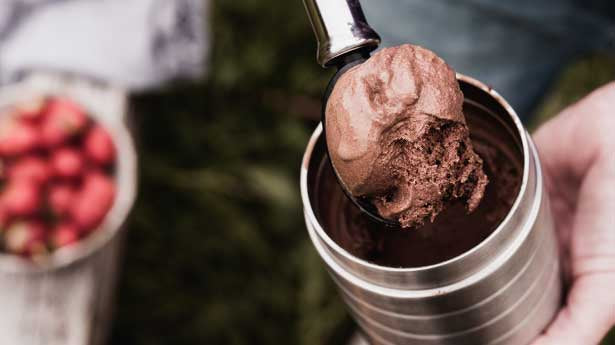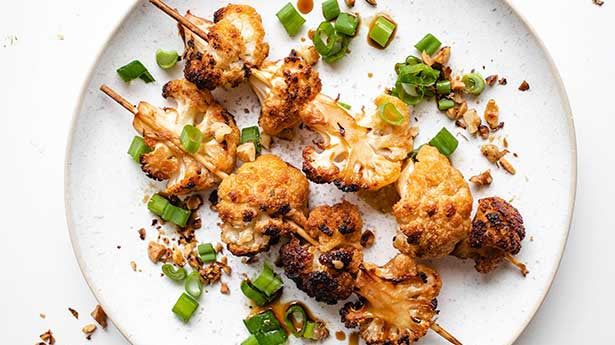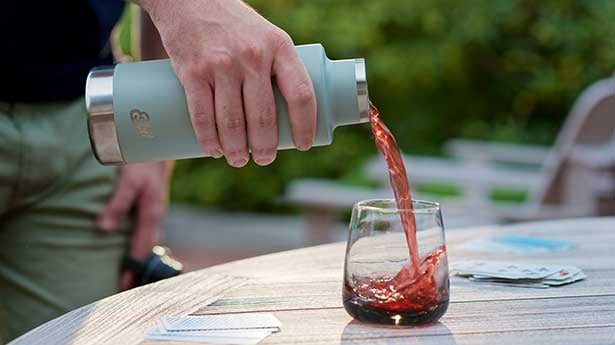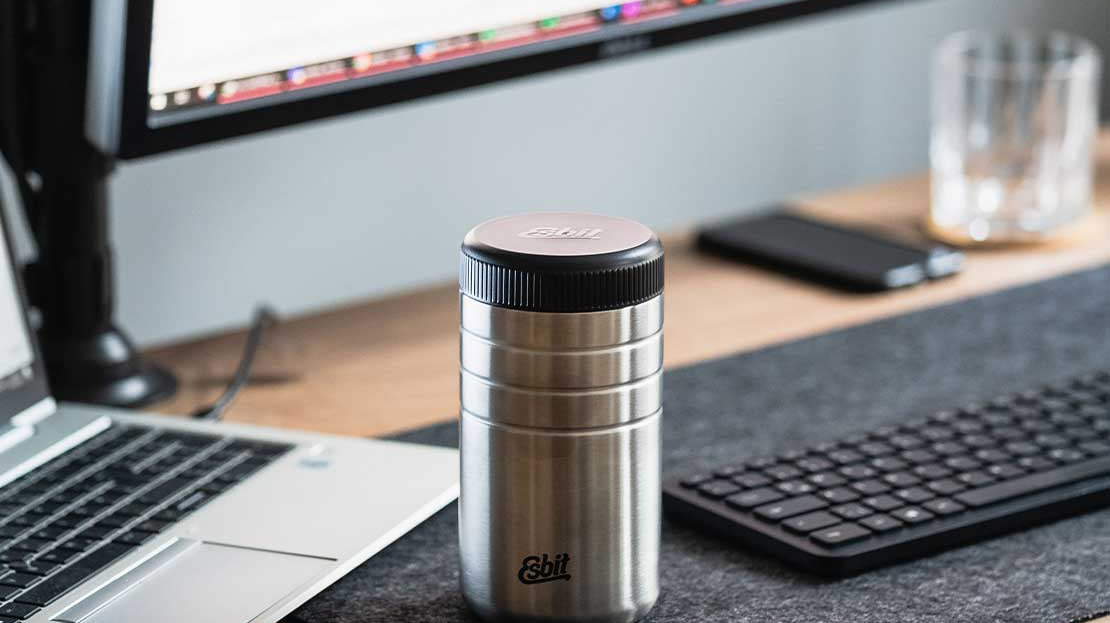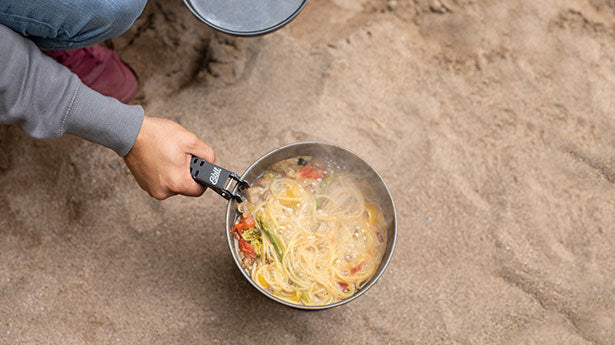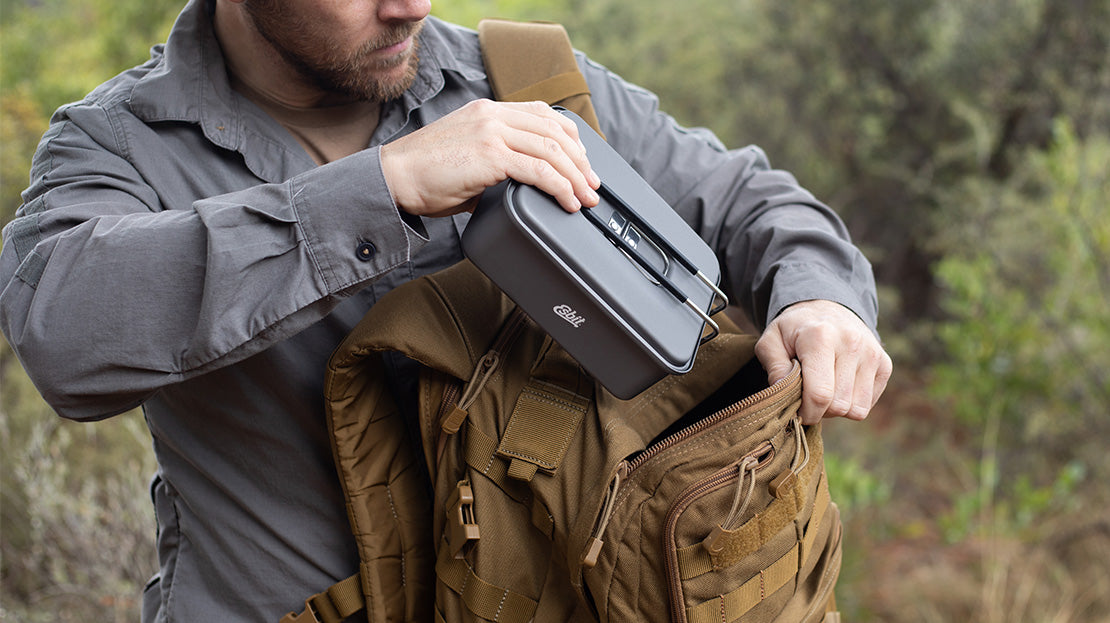Adventure Tips
#MyEsbitStory At Esbit, we share your passion for the outdoors and the desire to get the most out of your adventures, whether you're an experienced outdoor enthusiast or just taking your first steps into the world of outdoor adventures - you've come to the right place. Our blog offers you practical tips, exciting travel reports and delicious recipes for your adventures and everyday life.
Be inspired. Welcome to the Esbit blog!
Adventure blog
Fishing for Beginners: Stefan Shares Tips, Experiences and the Joy of the Hobby
As a passionate angler, Stefan talked to us about his experiences and tips. What advice can Stefan give to angler beginners? And much more…
Winter camping: How to succeed in outdoor cooking
Creative Christmas gifts for time in nature
At Christmas we like to give the gift of time together. There are creative gifts under the Christmas tree that underline our passion for nature.
Smart meal prepping for outdoor adventures
Homemade ice cream collection: Ready to savor on-the-go coolness
From Cologne to Porto by bike
Tina from @free_venture in an interview about her solo tour - She wants to ride her gravel bike from Cologne to Porto alone. That's around 2,600 km in 10 weeks.


